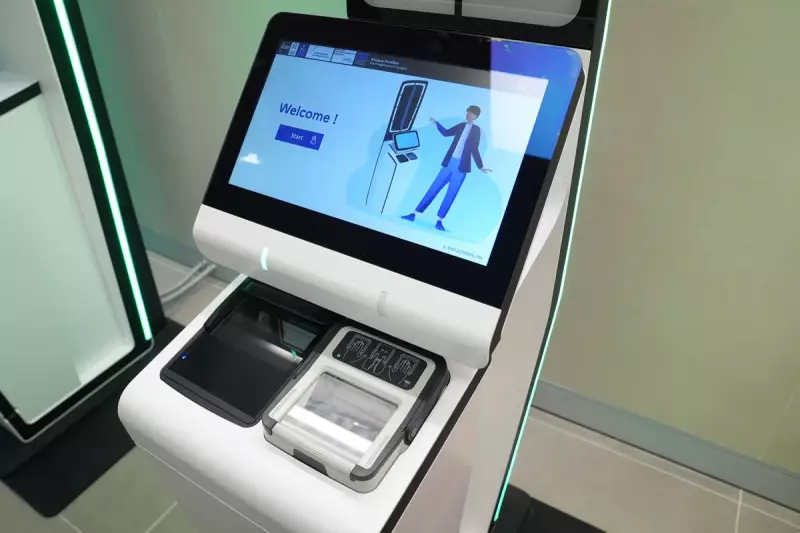
Major travel chaos erupted at two of the UK's critical entry points on Friday, as the Home Office's introduction of a new border system descended into disarray, causing massive delays and stranding hundreds of passengers.
The new 'Border Position' system, designed to digitise passenger manifests, spectacularly failed upon launch, forcing officials at the iconic London St Pancras International station and the Port of Dover to revert to time-consuming manual checks.
Travel Hub Gridlock
At St Pancras, the terminus for Eurostar services from Europe, the situation quickly escalated into a crisis. Long, snaking queues overwhelmed the international departure lounge, spilling out into the main station concourse. Frustrated passengers, many fearing they would miss their trains, reported a near-total information blackout from staff.
One distressed traveller told The Independent, "The queue for the Eurostar is the entire height of the station. No one is telling us what's going on. It's absolute chaos."
Dover at a Standstill
The scene was equally dire at the Port of Dover, a vital artery for coach and car travel to mainland Europe. The system failure caused significant hold-ups for coach passengers, with each individual passport requiring a manual inspection. The port authorities were forced to issue a public alert acknowledging the technical issue was "causing longer processing times than normal."
The knock-on effect disrupted the carefully managed flow of traffic, threatening delays reminiscent of those seen during the initial post-Brexit adjustment period.
A System in Crisis
This technological meltdown raises serious and urgent questions about the Home Office's preparedness and resilience. The failure of a key digital system at two major border points simultaneously points to a lack of adequate testing or a viable contingency plan.
Shadow Home Secretary Yvette Cooper lambasted the government, stating, "This is yet another example of the Conservatives' serial incompetence. The Home Office has no proper plan for our borders and is completely failing to get the basics right, with staff and passengers paying the price."
A spokesperson for the Home Office offered a brief acknowledgement of the issue, confirming a "technical issue" affected the e-gates and Border Force's ability to process passengers, but provided no timeline for a full resolution.
This incident will undoubtedly fuel the ongoing debate about the capacity and efficiency of the UK's border infrastructure, especially as the country heads into the busy summer travel season.





